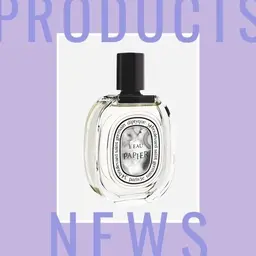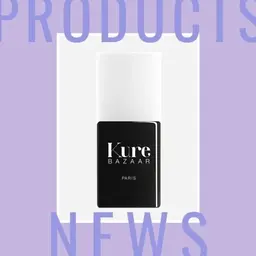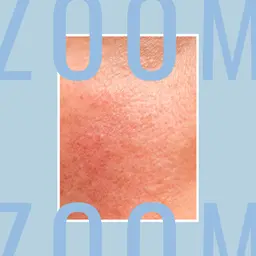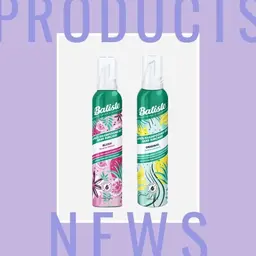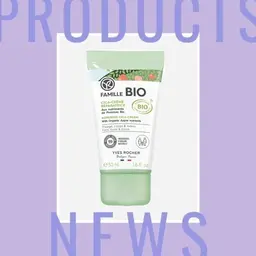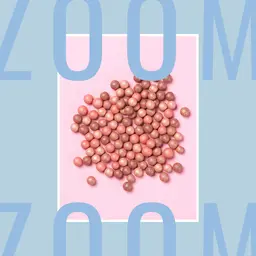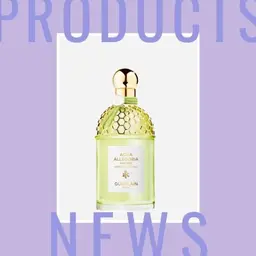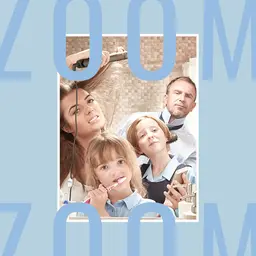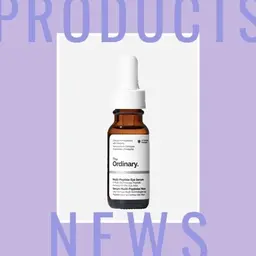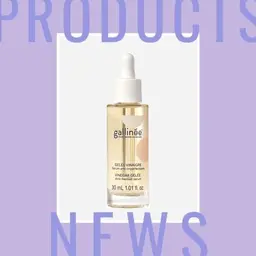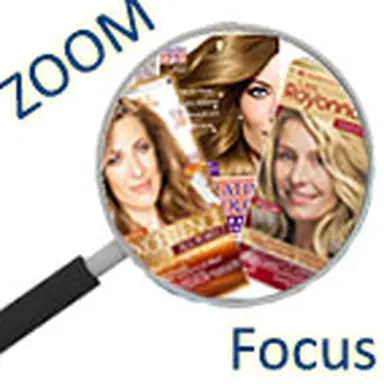
No respite for the silver generation which will not be able any more to be made quietly of the white hair! Three major players in colouring decided to launch specific dyes in large surfaces, adapted to this hitherto neglected public. An interesting segment of anti-aging that had not yet been exploited..;
While some like Goldwell (a new British brand distributed in salons) offer the natural sublimation of white hair, others try to hide it at all costs. But without artificial excess. You could almost call it coloring. nude … Because the number one problem of so-called mature white hair (roughly, from 50 years) with coloring is the helmet effect and lack of shades. The result is visible. The colouring is too uniform and lacks transparency. The only solution to bring contrast is then scanning. But not all women have access to it, as the cost at the hairdresser's remains high. This is why most of them give up colouring with time. A target that home colouring marks would not let escape like that… Especially as the anti-aging virtues of a beautiful hair colour are real.
A flattering colour that softens features
The first to draw, L'Oréal Paris has been offering Excellence Age Perfect (€12.10, eight shades) since the start of the year, a multi-tone cream colour, specially formulated for mature and very white hair, which promises"a luminous colour as highlighted, discreet regrowth and shades (light and warm, to reduce dark circles and wrinkles) that are flattering for the complexion". The brand clearly targets those over 65 (Jane Fonda is the muse of this new range), half of them giving up colouring, considered too restrictive (white roots return faster and faster) and weakening. They are especially disappointed by the colour result, too full for their fine hair. Because, if the first white hair is thick and rigid, the mature and very white hair is refined and more fragile, less resistant and duller. All these characteristics must be taken into account when formulating a product dedicated to people over 65. " Oxidation staining is based on two types of dyes: covering dyes (covering base of the formula) and reflective dyes (translucent base). Here, the formula architecture has been revised: the cover dyes have been reduced, to leave more room for reflective dyes. The natural background of the hair is better taken into account, the color is brought more in transparency, not stifling the color of mature hair. This melts the grey hair in the hair and minimizes the root effect on regrowth. "explains Élisabeth Bouhadana, Director of Scientific Communication at L'Oréal Paris.
Another"coup de jeune"
In March, it is Schwarzkopf's turn to launch its keratin anti-ageing colouring (Kératine Color, Coloration Permanente Soin, 9.90 €, 18 shades, from the lightest blond to intense black). Endowed with flattering complexion pigments, it sublimates the complexion. Here again, colours with natural reflections, softer and less loaded with"filling" dyes, so as not to mark facial features. With very advanced care steps: pre-colouring serum to fill in keratin the fibre damaged by previous colourings, then mask (always with keratin) to smooth and radiate the colour longer.
Finally, still in large surfaces, Eugène Color's Rayonnantes (8.50 €, ten shades) are the last permanent colourings at home intended for the fifties to return on stage. The brand tells us that the latter represent nearly 60% of the consumers of colouring. This"Very High Coverage" colouring also reserves a beautiful place for care (Kéragénique complex and minerals). The dilemma is always to offer total coverage of gray hair, while strengthening hair that devitalizes over time. A bet that seems… a little far-fetched. Although hair dyes are becoming more and more"cosmetic", with marketing promoting them almost like hair make-up, they are still very chemical and not harmless products that can"cause severe allergic reactions" (mandatory labelling on packs since 2011 as soon as the formula contains certain colouring ingredients listed by regulations).
Ariane Le Febvre



